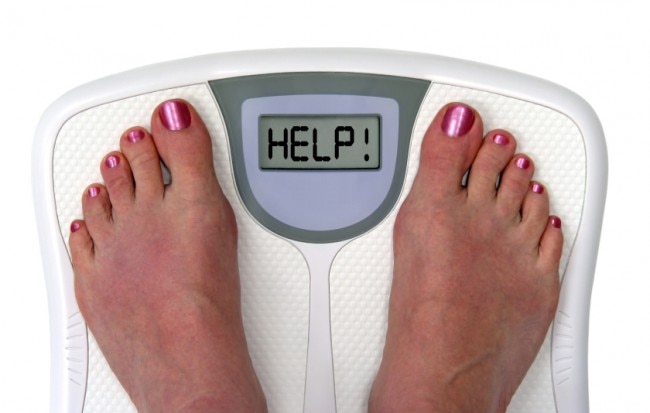Swim suit season is in full swing – are you still avoiding the pool or beach because you don’t like what you see in the mirror? Maybe you’ve been eating healthy and exercising, but the pounds just aren’t coming off. Before you spend the entire summer concealing your body or, worse, staying cooped up indoors, take some time to evaluate your dieting techniques. Here are three commonly made mistakes that may be sabotaging your weight loss efforts.
1. Extreme dieting
Maybe you want to lose five or more pounds of extra weight and think, “OK, I just won’t eat for a week and that should do it!” This can lead to what’s known as yo-yo dieting, meaning you’ll lose weight, then quickly gain it back again. I’ve seen many women who unknowingly put themselves on a rollercoaster of weight loss and weight gain. Why does it happen? Because when you don’t eat, your body goes into a mode that conserves calories instead of burning them for energy.
A healthy metabolism will burn the calories you eat efficiently, but a fasting metabolism will get signals from the body that there’s no food coming down the pike – and thus save whatever stores it has (e.g., fat) in order to conserve energy for an uncertain future. Fasting for a week may cause a drop on the scale, but watch what happens when you resume your regular diet – you may put on pounds even faster than they came off.
2. Relying on supplements
Who doesn’t want weight loss to be easy? Another big mistake women make when dieting is to think supplements will make extra pounds melt away, without any other changes in food intake or exercise routines. The supplement industry is loaded with products that promote weight loss, and some (like conjugated linoleic acid, green tea extract and white kidney bean extract) can assist in the process.* However, these products are supplementary – meant to be an addition to your diet and exercise program. No product by itself will cause a magical melting of fat cells.
3. Fixating on fat
Fat: when you hear the word, you probably think of greasy, fried food or a giant slice of cake. But not all fat is bad, and cutting it completely from your diet can lead to nutritional imbalances (such as omega-3 deficiency) that can be harmful to your health. Severely limiting carb intake may also cause problems, such as blood sugar imbalance.
If you want to lose weight, a much healthier approach is to focus on eating a well-rounded, nutritious diet, appropriate in the number of calories you need, that will sustain you for life.
The recipe for weight loss is simple: decrease your caloric intake appropriate to your body size and energy level, and increase your exercise level. If this isn’t working, consult with a doctor to see if you have a thyroid disorder or other medical condition that could be affecting your metabolism.
*These statements have not been evaluated by the FDA. These products are not intended to diagnose, treat, cure or prevent any disease.

